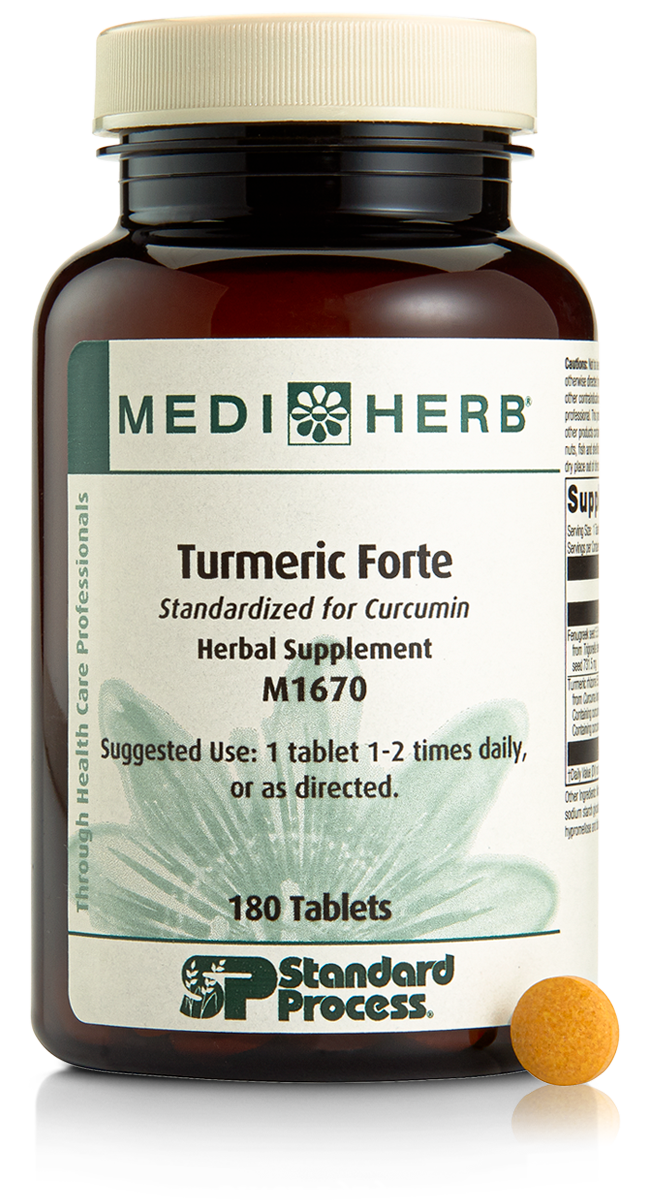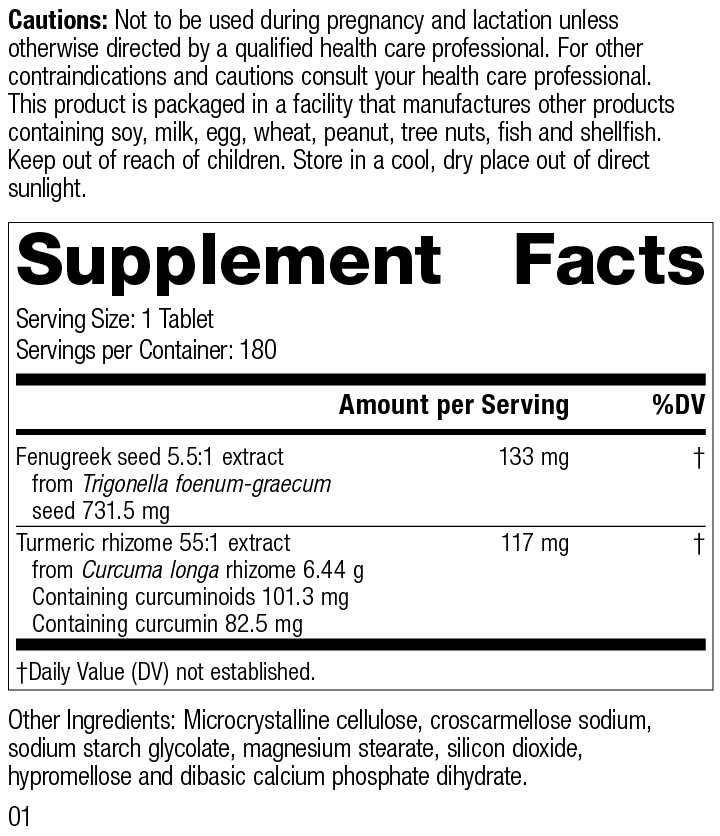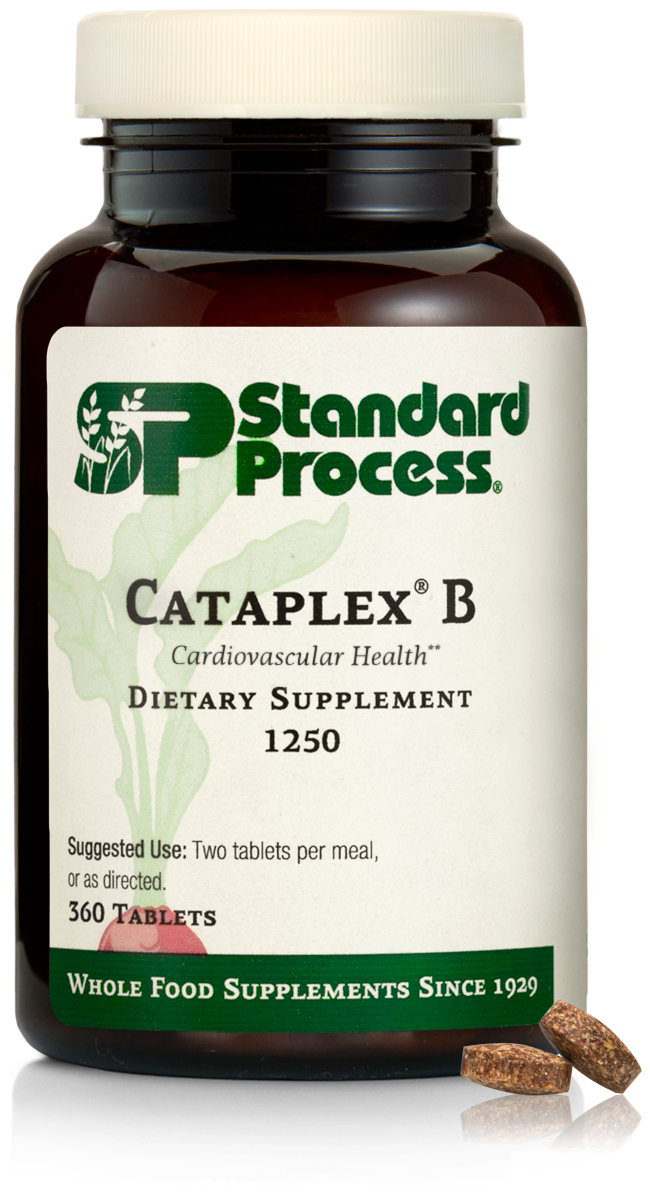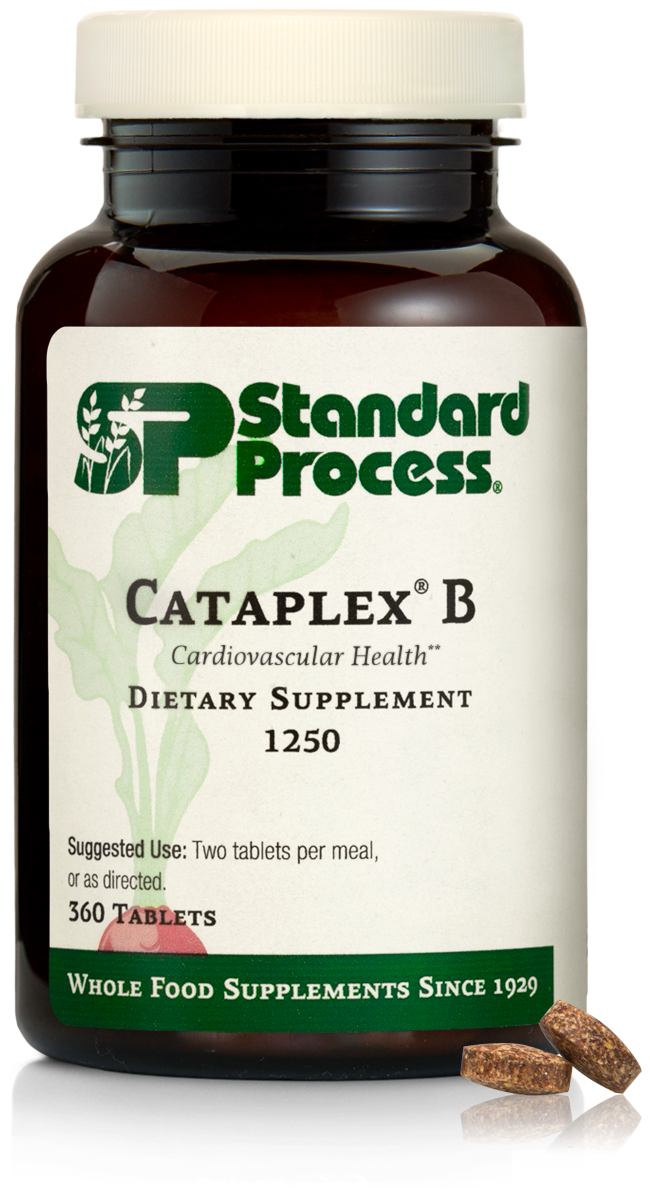When it comes to our health, we all want the best possible treatment. With so many options available today, deciding which path to take can be overwhelming.
One option that has gained popularity in recent years is natural medicine.
Natural medicine offers a holistic approach to healing, focusing on treating the root cause of an illness rather than just its symptoms.
This approach not only provides relief from symptoms but also aims to strengthen the body's natural defenses for long-term wellness.
In this blog post, we’ll explore natural remedies and uncover why considering them could be a transformative step on your journey to well-being.
What are Natural Remedies?
Natural remedies are healing methods that use natural substances to promote health and wellness.
Various cultures worldwide have used these remedies for centuries, harnessing the power of plants, herbs, minerals, and other natural ingredients.
Unlike modern medicine, which often focuses on treating symptoms, natural remedies aim to address the root cause of an ailment.
One of the key aspects of natural remedies is their holistic approach. Instead of isolating a specific symptom or condition, these remedies consider the entire body and its interconnected systems.
By nourishing and supporting overall well-being, they can help create balance within the body.
What is the History of Natural Medicine?
The history of natural medicine dates back thousands of years, with ancient civilizations relying on the healing power of nature to treat various ailments.
In fact, indigenous cultures worldwide have used herbs, plants, and other natural remedies for centuries.
● In ancient Egypt, healers used medicinal plants like aloe vera and frankincense to cure diseases and promote overall wellness.
● The Chinese developed their system of herbal medicine based on the principles of balance and harmony within the body.
● Traditional Indian Ayurvedic medicine also emphasizes natural remedies such as herbs, yoga, and meditation.
Throughout history, these traditional forms of medicine were passed down through generations, often in oral traditions or written texts.
These practices valued prevention rather than just treating symptoms - focusing on maintaining a healthy mind-body balance.
What are the Types of Natural Remedies?
Various natural remedies have been used for centuries to promote health and well-being.
These remedies harness the power of nature's ingredients to address a wide range of ailments.
Herbs
Herbal remedies are perhaps the most well-known type of natural remedy.
They involve using plants, flowers, roots, and herbs to create infusions, teas, or extracts that can be ingested or applied topically.
Herbal remedies can effectively treat digestive issues, sleep disorders, skin conditions, and more.
Aromatherapy
This natural remedy involves using essential oils derived from plants to improve physical and emotional well-being.
The scents released by these oils can help reduce stress levels, boost mood, relieve headaches, promote better sleep, and even enhance concentration.
Homeopathy
Homeopathic remedies are based on the principle that "like cures like."
These treatments use highly diluted substances derived from plants or minerals to stimulate the body's innate healing abilities. Homeopathy is often used to treat allergies, migraines, respiratory issues.
Acupuncture
This natural remedy involves inserting thin needles into specific points on the body to restore balance and alleviate pain or discomfort.
Acupuncture has been found effective in managing chronic pain conditions such as arthritis or back pain.
Other natural remedies include naturopathy (a holistic approach focusing on lifestyle changes), Ayurvedic medicine, and traditional Chinese medicine (which incorporates acupuncture and herbal formulas).
What is Modern Medicine?
Modern medicine, also known as conventional medicine or allopathic medicine, is the dominant form of healthcare practiced in most parts of the world today.
It is a system that relies heavily on pharmaceutical drugs and surgical interventions to manage and treat diseases.
When Did Modern Medicine Begin?
The origins of modern medicine can be traced back to the scientific revolution of the 17th century.
During this time, there was a shift away from traditional healing practices towards a more evidence-based approach to medicine. This led to significant advancements in medical knowledge and technology.
Pioneers like William Harvey challenged long-held theories about the circulatory system, while Robert Boyle laid the foundation for experimental research.
These groundbreaking discoveries paved the way for a more systematic approach to understanding and treating diseases.
Modern medicine gained prominence in the 19th century with the discovery of anesthesia, the development of vaccines, and the understanding of germ theory.
In this type of medicine, doctors diagnose illnesses based on symptoms and laboratory tests. Treatment options often involve prescription medications or invasive procedures such as surgeries.
The focus is primarily on treating specific symptoms or conditions rather than addressing the underlying causes.
What are the Benefits of Natural Medicine, and Why Should You Consider It Over Modern Medicine?
Natural Medicine offers a range of benefits that make it a valuable and viable choice for enhancing health and well-being.
Here are some reasons why you might want to consider natural medicine over its modern counterpart:
1. Holistic Approach
One of the fundamental strengths of natural medicine lies in its holistic approach to health. Instead of merely addressing symptoms, natural remedies often consider the entire person—mind, body, and spirit.
This approach recognizes the interconnectedness of various aspects of health and seeks to restore balance on multiple levels.
2. Minimal Side Effects
Many pharmaceutical drugs come with a list of potential side effects, some of which can be severe. In contrast, natural remedies often have fewer side effects and tend to be gentler on the body.
This makes them particularly appealing for individuals who are sensitive to medications or looking for options with fewer potential complications.
3. Personal Empowerment
Natural medicine empowers you to actively participate in your health journey.
Whether selecting specific herbs, adjusting dietary habits, or incorporating mindfulness practices, natural remedies put you in the driver's seat of your well-being.
This level of personal agency can contribute to a deeper sense of connection with your own body.
4. Nourishing the Body
Many natural remedies are derived from whole plants and natural sources.
This means they often contain many beneficial compounds, such as vitamins, minerals, antioxidants, and phytochemicals. These elements work in synergy to support the body's natural healing processes.
5. Long-Term Wellness
Natural medicine often focuses on prevention and long-term wellness.
By addressing underlying imbalances and making lifestyle adjustments, natural remedies aim to strengthen the body's resilience and decrease the likelihood of future health issues.
6. Complementary Care
Natural medicine can harmonize with modern medical treatments.
In some cases, natural remedies can enhance the effects of conventional therapies or alleviate certain side effects. This integrative approach allows for a more comprehensive and tailored approach to health.
What Conditions Can Natural Remedies Treat?
Natural remedies have been used for centuries to address various health conditions.
Here are some common conditions that natural remedies can treat:
Adrenal Disorders. Adaptogenic herbs like ashwagandha and holy basil are often used to support adrenal function and help the body adapt to stress.
● Anxiety and Depression. Exercise and herbal remedies such as St. John's wort, passionflower, and chamomile can provide calming effects and help alleviate anxiety symptoms and mild depression.
● Autoimmune Disease. Natural remedies like turmeric and omega-3 fatty acids can help manage inflammation, which is central to many autoimmune conditions.
● Cardiovascular Disease. Garlic, hawthorn, and omega-3 fatty acids can support heart health by promoting healthy blood pressure and cholesterol levels.
● Chronic Fatigue. Adaptogens and herbs like rhodiola and ginseng can aid in increasing energy levels and combating fatigue.
● Diabetes. Certain herbs like cinnamon and fenugreek have been studied for their potential to improve blood sugar control in individuals with diabetes.
Digestive Disorders. Probiotics, peppermint oil, and chamomile can assist in managing symptoms of digestive disorders like irritable bowel syndrome (IBS) and gastroesophageal reflux disease (GERD).
● Eczema/Psoriasis. Aloe vera, coconut oil, and calendula can help soothe skin inflammation and relieve eczema and psoriasis.
● Environmental and Food Allergies. Quercetin and butterbur are natural antihistamines that may alleviate allergy symptoms.
● Hormonal Imbalances. Herbal remedies like chasteberry and maca root can help regulate hormonal imbalances, addressing conditions such as polycystic ovary syndrome (PCOS) and menopausal symptoms.
● Mercury and Heavy Metal Toxicity. Chlorella and cilantro are known for their detoxifying properties and may assist in removing heavy metals from the body
Migraines and Headaches. Feverfew and magnesium supplementation have been explored for their potential to reduce the frequency and intensity of migraines.
● Overweight and Obesity. Green tea extract and fiber-rich foods can support weight management by boosting metabolism and promoting satiety.
● Stress. Adaptogenic herbs, relaxation techniques, and mindfulness practices can help mitigate the effects of chronic stress on the body.
● Thyroid Disorders. Herbs like ashwagandha and selenium-rich foods can support thyroid health and balance hormone levels.
Benefit from Natural Remedies With Functional Medicine
Do you have any of the conditions mentioned above?
Are you thinking about taking a preventative approach to your health?
Talk with the functional medicine practitioners at Fast Track to Health.
Functional medicine provides the platform for these natural remedies to thrive, offering a multidimensional path that bridges science and nature's wisdom.
We offer functional medicine services and products that help you to thrive without drugs or surgery.
Schedule a consultation today.















Leave a comment
This site is protected by hCaptcha and the hCaptcha Privacy Policy and Terms of Service apply.